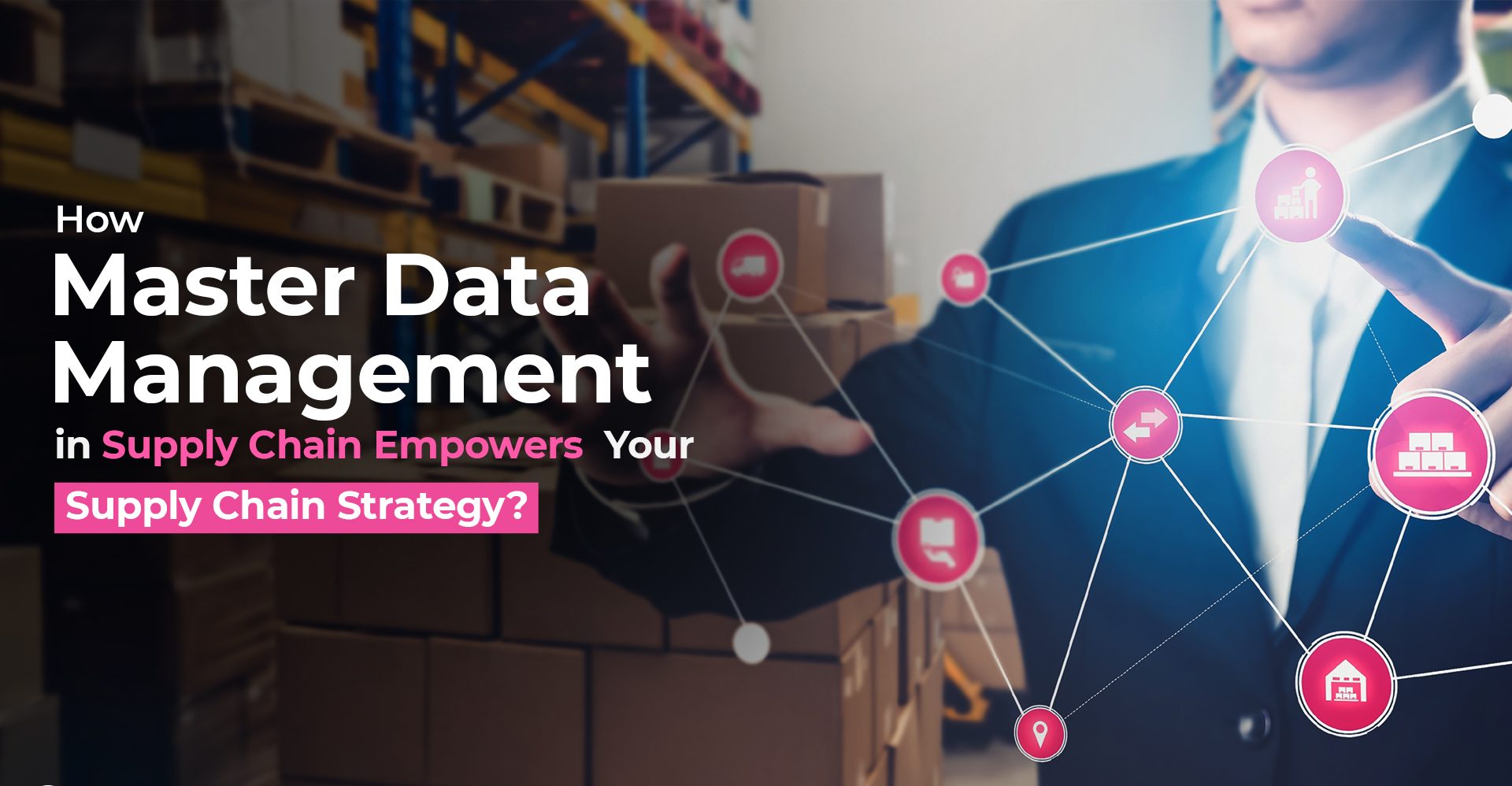In today’s world, nearly every company relies on data to operate effectively. With data being one of the most valuable assets, protecting it is a top priority. But with technology enabling access from anywhere, anytime, it’s essential to follow specific protocols to keep that data from landing in the wrong hands. Cyber threats, compliance violations, data loss, and operational inefficiencies are just a few to name when it comes to the consequences businesses face when they fail to protect their data.
You might be wondering—what’s the solution to all these challenges? The answer is data governance. While some may see it as just another compliance checkbox, it’s actually one of the most powerful ways to protect and safeguard your sensitive data
So, let’s dive into the question: Does a data governance framework truly play a crucial role in data privacy and security, or is it just another buzzword?
Data Governance and Its Core Components
As the name implies, data governance is the process of managing data to make it consistent, reliable, secure and accessible for an organization. It involves all the necessary objectives that companies require to make their data compliant and competent for making future decisions. Without a data management framework, most advanced tools and technologies fall short in protecting sensitive information or maintaining data integrity.
To fully understand the concept behind data governance, let’s break down the core components that form the foundation of this framework.
1. Data Policies and Standards
Randomly stored and processed data won’t help you in the long term, and it even opens the door for data breaches. So, in this case, your data must be created, stored, accessed and shared by following some rules and regulations.
Data policies are responsible for creating such guidelines that make your data consistent yet compliant across all departments. These data storage and handling standards help in aligning your company’s data practices with both internal goals and external regulatory requirements for more secure data operations.
2. Data Ownership and Accountability
How could data protection be possible if your data is open to anyone from anywhere? Data management helps in assigning rights to only authorized personnel who are liable for maintaining data integrity, security and compliance.
This way, you can create protected and restricted boundaries for your data to avoid unauthorized access. Additionally, when only specific people are allowed to access data, it creates a sense of accountability for them to safeguard information and uphold regulatory standards.
3. Regulatory Compliance and Risk Management
It’s no surprise that your data isn’t truly “qualified” unless it complies with regulations like GDPR, CCPA, or HIPAA. By applying data governance principles, companies can identify and manage data-related risks before they escalate into costly financial or reputational damage.
4. Data Lifecycle Management
Data management goes through several stages or cycles. It’s impossible to effectively use your latest data without properly archiving or classifying the old. Data security governance helps in this regard by providing a framework for managing the full lifecycle from the time data is stored to its deletion and disposal. When your data is managed properly, you will have fewer risks of data being violated, misused or mismanaged.
Data Governance, Privacy, and Security: How They Interconnect
There’s a common misconception that data governance, data privacy, and data security are the same thing. However, this isn’t the case at all. These are each used for different purposes, but are still greatly interconnected.
Let’s break this down:
Data privacy is about deciding who is allowed to access your data. It creates accountability for the people who are in charge of using data, so no future risks are involved. a
While data security goes more towards creating technical privacy checkups like encryption, firewalls, and user authentication. These security measures allow companies to safeguard their data from cyber attacks, data loss, and unethical violations.
The interesting fact is that data governance is the strategic framework that ties it all together with its policies, procedures, roles, and responsibilities. It perfectly provides the assurance that both privacy and security efforts are consistently applied across the organization.
In simple terms, without governance, both of these efforts are fragmented. But with it, they’re aligned, enforced, and optimized for risk mitigation and regulatory compliance.
The Role of Data Management in Preventing Data Breaches
It’s been commonly seen that a data violation doesn’t always initiate with hackers. But sometimes it’s an internal employee accessing data they shouldn’t, either by accident or with malicious intent. Many organizations don’t have the privilege to see the access info of their data because they don’t implement protective data governance frameworks like:
- Allowing only authorized individuals to access specific data based on their roles and responsibilities
- Maintaining centralized, well-managed data to prevent inconsistencies, duplication, and unauthorized modifications
- Providing real-time monitoring and audit trails which allow you to quickly detect and mitigate suspicious activity before it escalates into a full-scale breach
Choosing the Right Data Governance Software
Not all governance software is built for everyone, or supports data integration. Using the right software can change your data strategy for the good. It provides structure, automation, and visibility to effectively and securely manage data throughout your organization.
When opting for governance platforms, seek features that enable control and scalability features including:
- Centralized policy creation to align governance standards throughout departments
- Role-based access control to limit the right individuals to the right data
- Real-time auditing and reporting for transparency and rapid anomaly detection
- Integration with your current tools and data infrastructure
- Regulatory compliance support built in for regulations such as GDPR, HIPAA, and CCPA
Some of the top platforms available in the market are Semarchy, Collibra, Atlan, and Net Results Group, each providing governance features for large-scale environments.
Closing the Loop: Governance as the Foundation of Data Privacy and Security
The fact is, without a solid governance framework, you’re mishandling your data and significantly increasing the risk of violations.
While with it, you can avoid data breaches and ensure seamless integration along with regulatory compliance.
Net Results Group understands that data governance empowers your organization to turn data into a competitive advantage. So, if you’re up to building your governance framework from the ground or refining existing practices, we’re here to help you put data to work.
Because in the world of data, what you govern today determines what you can trust tomorrow.



